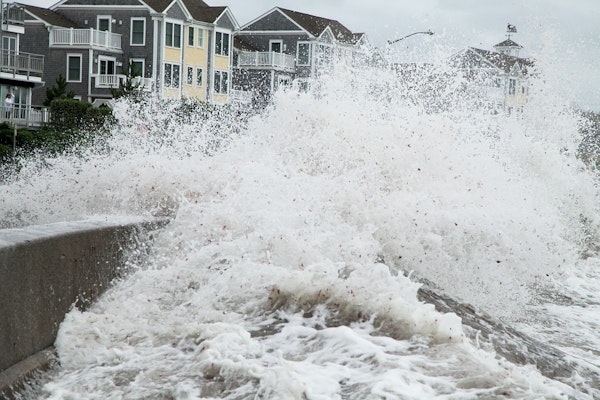
Why the U.S. Faces Soaring Hurricane Losses as Storms Grow Stronger
With climate change intensifying storms, insured hurricane losses in the U.S. could surge 50%—testing the limits of insurers, infrastructure, and public preparedness.
July 17, 2025
Catastrophe
Insurance Industry
Property
Risk Management
Florida
Massachusetts
New York
Texas

Soaring Temperatures Drive Surge in Workplace Heat-Related Injuries
A new report from WCRI shows workplace injury claims rise dramatically on hot days, with heat-related illnesses up to 18 times more common above 100 degrees Fahrenheit.
July 17, 2025
Education & Training
Legislation & Regulation
Risk Management
Workers' Compensation
Arizona
Arkansas
Louisiana
Mississippi
Texas
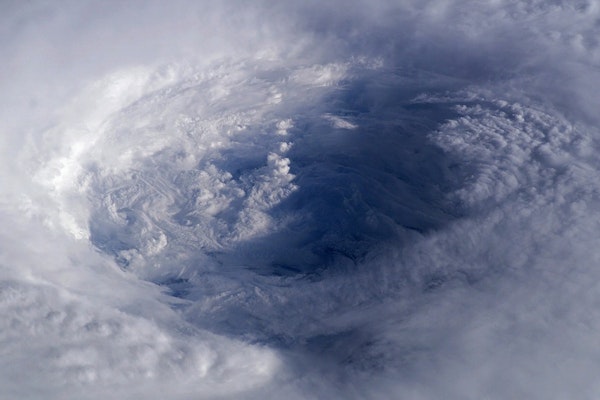
Gulf System Could Become Tropical Storm Dexter as Development Chances Rise
A low-pressure system moving from Florida into the Gulf may strengthen into Tropical Storm Dexter later this week, bringing heavy rain and flooding risks across the region.
July 15, 2025
Catastrophe
Insurance Industry
Property
Risk Management
Florida
Mississippi
Texas

Flood Forecasting Defended by NWS as Critics Question Impact of Staffing Cuts
After deadly Texas floods, the National Weather Service faces scrutiny over Trump-era staffing cuts, though experts say forecasts were timely and accurate despite leadership gaps.
July 7, 2025
Catastrophe
Legislation & Regulation
Risk Management
Technology
Texas

Auto Claims Profitability Improves Amid Rising Casualty Costs and Trade Issues
Insurance industry sees auto physical damage profitability recover, while casualty sectors grapple with increased medical inflation and social verdicts.
June 25, 2025
California
Colorado
Florida
Illinois
New Jersey

Why Florida, Texas, and California Lead the Nation in Lightning Insurance Claims
Florida, Texas, and California consistently rank highest for lightning-related insurance claims due to storm frequency, surge damage, and wildfire-triggered losses.
June 24, 2025
Catastrophe
Insurance Industry
Property
Risk Management
California
Florida
Texas
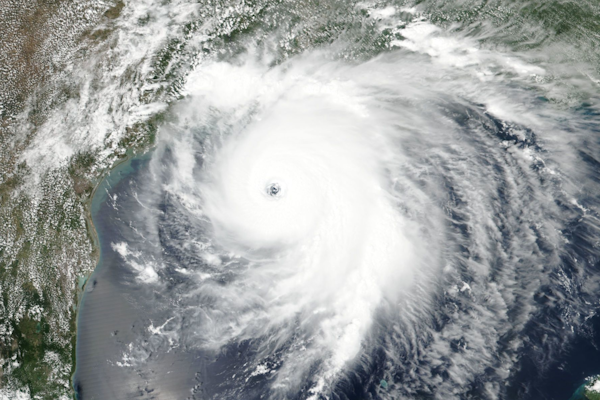
Colorado State University Predicts Above Normal 2025 Atlantic Hurricane Season
The 2025 Atlantic hurricane season is projected to be above-average with 17 named storms, nine hurricanes and four major hurricanes, increasing landfall risks along U.S. and Caribbean coasts.
June 19, 2025
Catastrophe
Insurance Industry
Property
Risk Management
Florida
Texas

Finding Common Ground in Professional Liability Defense Strategies
Early collaboration between carriers, insureds, and panel counsel in professional liability claims reduces defense costs, preserves policy limits, and strengthens renewal prospects through faster settlements.
June 19, 2025
Insurance Industry
Litigation
Risk Management
Underwriting
Louisiana
New York
Texas

AI Agents Now Handle Insurance Policies from Quote to Claim with Sure’s New Protocol
Sure introduces its Model Context Protocol, enabling AI agents to autonomously quote, bind, and service insurance policies with integrated compliance and multi-carrier support.
June 11, 2025
Auto
Insurance Industry
Property
Technology
Texas

Scientists Chase Extreme Hailstorms Across the Plains to Uncover the Costliest Weather Threat
Researchers are diving into hailstorms across Texas, Oklahoma, and Kansas to better understand one of the U.S.’s costliest but most overlooked weather risks.
June 9, 2025
Catastrophe
Insurance Industry
Property
Risk Management
Colorado
Kansas
New Mexico
Oklahoma
Texas

How Georgia Can Tackle Rising Insurance Premiums and Loss Ratios
Georgia homeowners face surging premiums after back-to-back hurricanes. Lawmakers and insurers are exploring solutions to stabilize the market and protect consumers.
June 9, 2025
Catastrophe
Legislation & Regulation
Property
Risk Management
Alabama
Arkansas
Florida
Georgia
Louisiana

Severe Storms in US and Europe Trigger Massive Insured Losses
Severe storms across the US and Europe from late May to early June caused extensive hail, flood, and wind damage, with insured losses reaching into the billions.
June 9, 2025
Catastrophe
Insurance Industry
Property
Risk Management
Illinois
Iowa
Kansas
Missouri
Texas
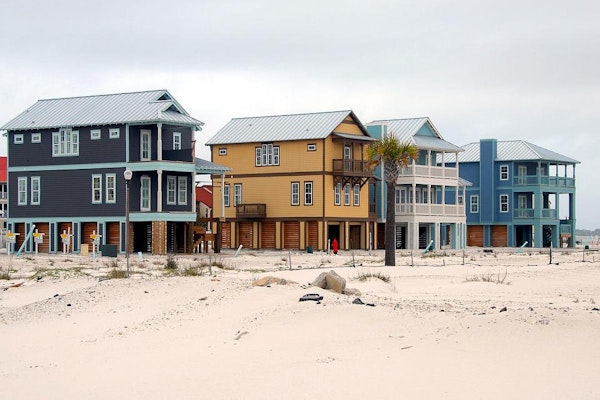
Storm Surge Risk Threatens Billions in Coastal Property Value Across 20 States
Over 6.4 million homes in coastal U.S. states face moderate or greater storm surge risk, with $2.2 trillion in potential reconstruction costs, according to 2025 Cotality data.
June 2, 2025
Catastrophe
Legislation & Regulation
Property
Risk Management
Alabama
Connecticut
Delaware
District Of Columbia
Florida

Early-Season Hurricanes: Where June Storms Typically Form and Why Activity Has Increased
Although June is typically a quiet start to Atlantic hurricane season, recent years show a rise in early storm activity, especially near the Gulf and Southeast U.S. coasts.
May 28, 2025
Catastrophe
Insurance Industry
Property
Risk Management
Alabama
Louisiana
Texas
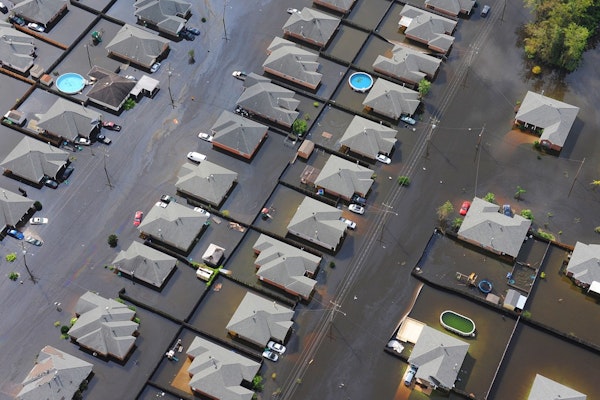
Texas Faces Critical Flood Insurance Gap as Risk Rises Statewide
A new report by Neptune Flood highlights Texas’s escalating flood risk and the urgent need to close the state’s massive and growing insurance coverage gap.
May 21, 2025
Catastrophe
Insurance Industry
Legislation & Regulation
Property
Texas





